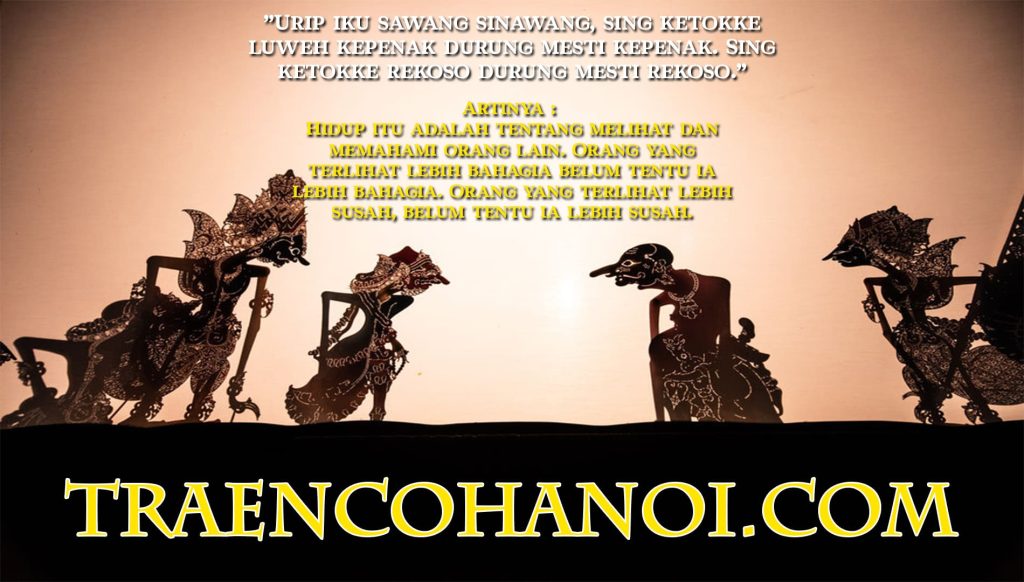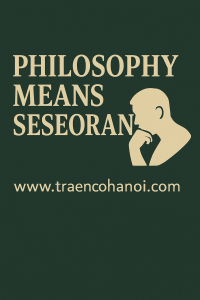
Introduction
Javanese philosophy, deeply rooted in the cultural fabric of Java, Indonesia, is a rich tapestry of wisdom that has been passed down through generations. We will explore the intricate and profound aspects of Javanese philosophy, shedding light on its core principles, beliefs, and how they continue to shape the lives of the Javanese people.
The Essence of Javanese Philosophy
Javanese philosophy is characterized by its emphasis on balance, harmony, and the interconnectedness of all things. It draws from various sources, including Javanese mysticism, animism, Hindu-Buddhist influences, and Islamic teachings. At its core, it revolves around the concept of “Rasa” – a Javanese term that encompasses feelings, emotions, and spiritual awareness.
Tri Hita Karana: The Three Causes of Well-being
At the heart of Javanese philosophy lies the concept of “Tri Hita Karana,” which translates to “The Three Causes of Well-being.” This principle emphasizes the importance of harmonious relationships between humans, nature, and the divine. Javanese people believe that true well-being can only be achieved when these three aspects are in balance.
Kebatinan: The Inner Journey
Kebatinan is a mystical and spiritual dimension of Javanese philosophy that focuses on the inner journey of self-discovery and enlightenment. It involves meditation, introspection, and connecting with the spiritual realm. Practitioners of Kebatinan seek to attain inner peace and wisdom, aligning themselves with the natural order of the universe.
Kejawen: The Indigenous Belief System
Kejawen is the indigenous belief system of the Javanese people, which incorporates elements of animism and ancestor worship. It celebrates the presence of spirits in nature, and Javanese rituals often involve offerings to these spirits. Kejawen reflects the Javanese people’s deep connection with their natural surroundings and their respect for the unseen world.
The Wayang Kulit: A Cultural Treasure
The Wayang Kulit, or shadow puppetry, is a quintessential aspect of Javanese culture and philosophy. It tells stories from ancient epics, such as the Ramayana and Mahabharata, and serves as a vehicle for moral and ethical teachings. The intricate puppets and performances symbolize the eternal struggle between good and evil, highlighting the importance of choosing the path of righteousness.
Javanese Ethics: Ngudi Waluyo
“Ngudi Waluyo” is a Javanese ethical concept that emphasizes living a life of virtue and selflessness. It encourages individuals to prioritize the well-being of others over personal gain, fostering a sense of community and interconnectedness. This ethical framework plays a significant role in Javanese society, influencing decision-making and social interactions.
Conclusion
In conclusion, Javanese philosophy is a profound and intricate belief system that reflects the deep-rooted wisdom of the Javanese people. It encompasses principles of balance, harmony, and interconnectedness, emphasizing the importance of well-being, spirituality, and ethical living. The rich tapestry of Javanese culture, from Tri Hita Karana to Wayang Kulit, continues to shape the lives of the Javanese people and offers valuable lessons for all of humanity.







